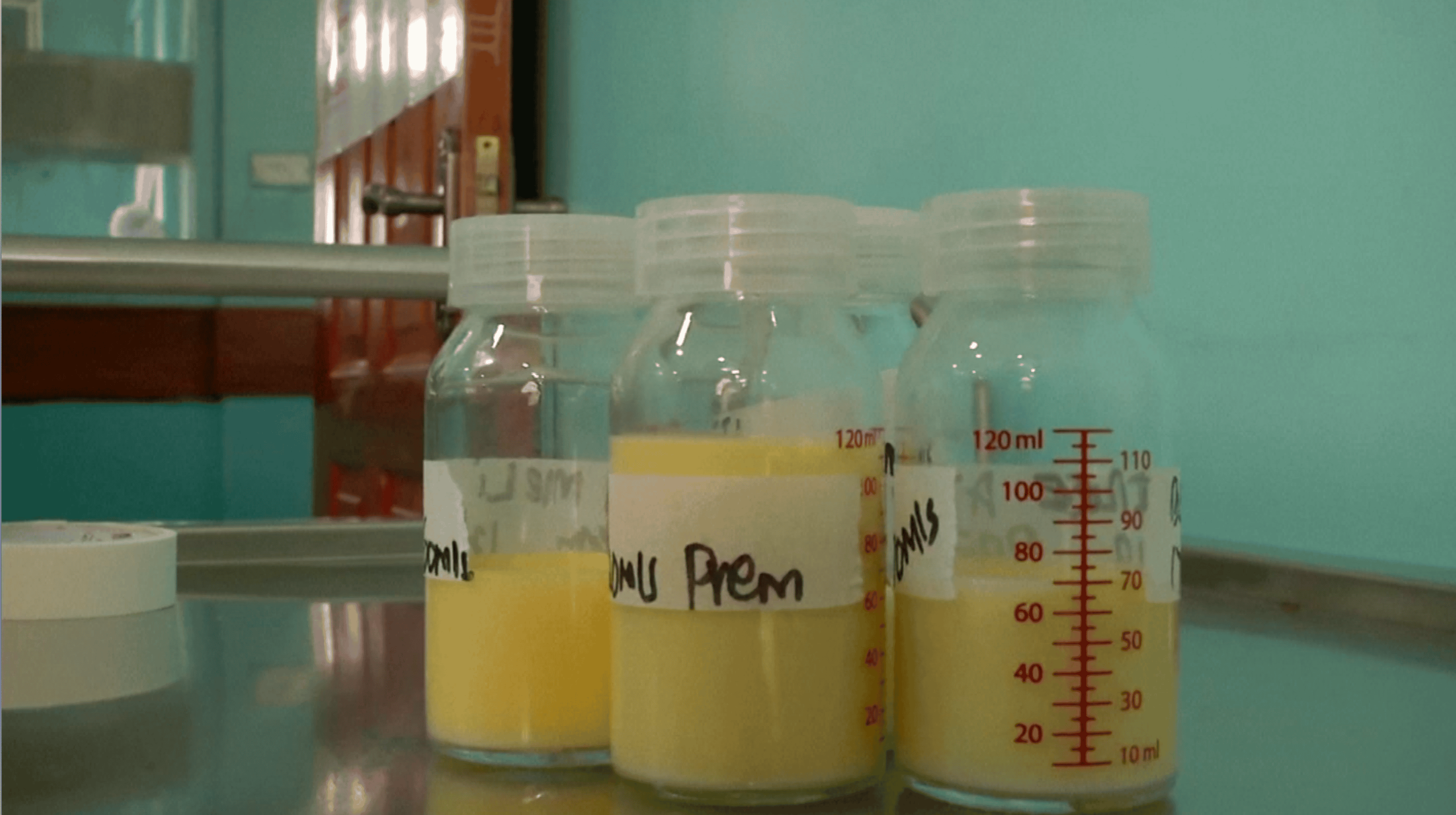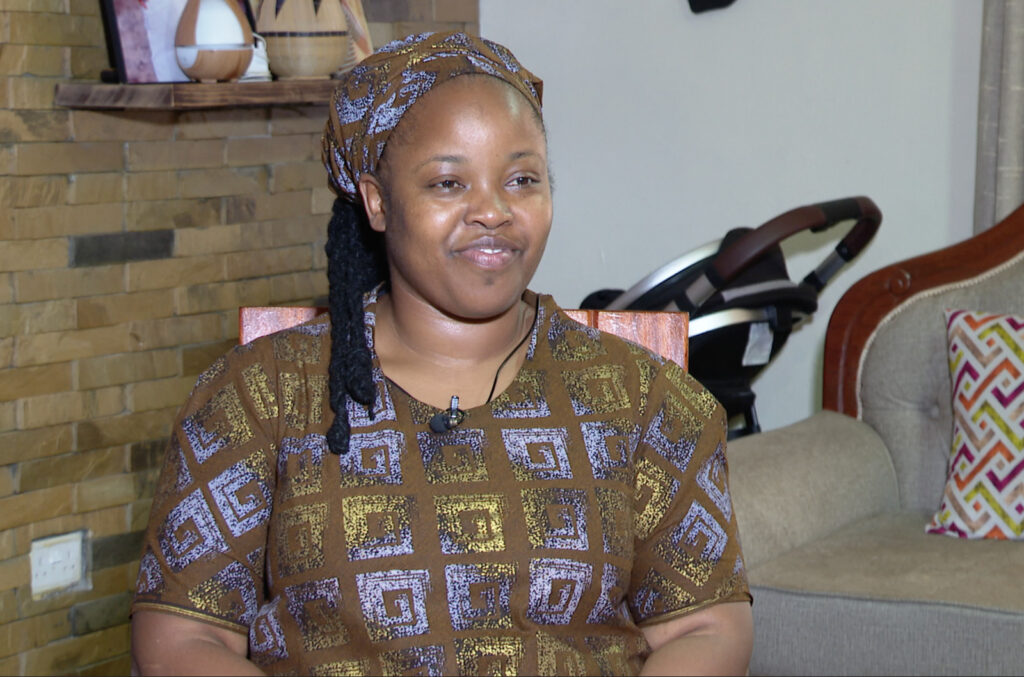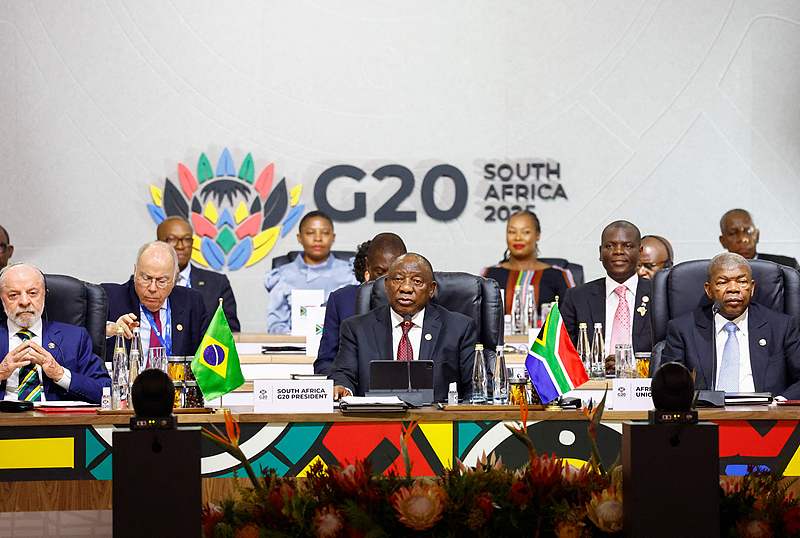
Saving lives through breast milk donation
Breastfeeding is widely considered the gold standard for infant nutrition, yet significant challenges persist in low-and middle-income countries.
According to the International Breastfeeding Journal (2022), 60-90 percent of mothers in these regions cite insufficient milk supply as a major barrier to exclusive breastfeeding. This issue is often compounded by cultural beliefs, health problems, and a lack of support.

Maryann Muthoni’s story reflects the struggles many mothers face. She endured nipple dermatitis, making each breastfeeding session a painful ordeal.
“Every time the baby would latch, it became a nightmare,” she recalls.
Despite the pain, Muthoni persevered for six months, considering formula feeding when her baby refused it, which added financial strain to her challenges.
Chelimo Njoroge, a mother of two and a milk donor for three years, shares a similar story
“I learned a lot from my own experience, especially about irregular nipple shapes,” Chelimo explains.
“For many moms, latching can be difficult if the nipple isn’t optimal.”
She emphasizes that without proper information and techniques, breastfeeding can become a painful journey.
She discovered that she fell under the category of an oversupplier after the birth of her four-year-old son.
However, she encountered a lack of facilities for screening and donation, prompting her advocacy for improved infrastructure.
“I realized I didn’t have space for my breast milk and wanted to help others in need.”
Kenya is one of the few African countries with a human milk bank. The facility, established at Pumwani Maternity Hospital in Nairobi, plays a crucial role in collecting, screening, and dispensing donor milk, primarily for premature and low-birthweight infants. However, gaps in supply and infrastructure limit its reach.

Chelimo says there’s a need for a national breast milk reserve.
“Having a national milk bank creates a sustainable supply and demand.”
She also advocates for investment in resources such as breast pumps and storage facilities to support breastfeeding mothers.
Kenya recently introduced the Breastfeeding Mothers Bill 2024, a significant step in promoting and protecting the rights of breastfeeding mothers in the workplace. This legislation mandates lactation rooms and breaks for nursing mothers, addressing the needs of many in the informal sector.
Recent data from the Kenya Ministry of Health reveals that three out of ten mothers in Kenya do not breastfeed at all, relying solely on bottle-feeding.






